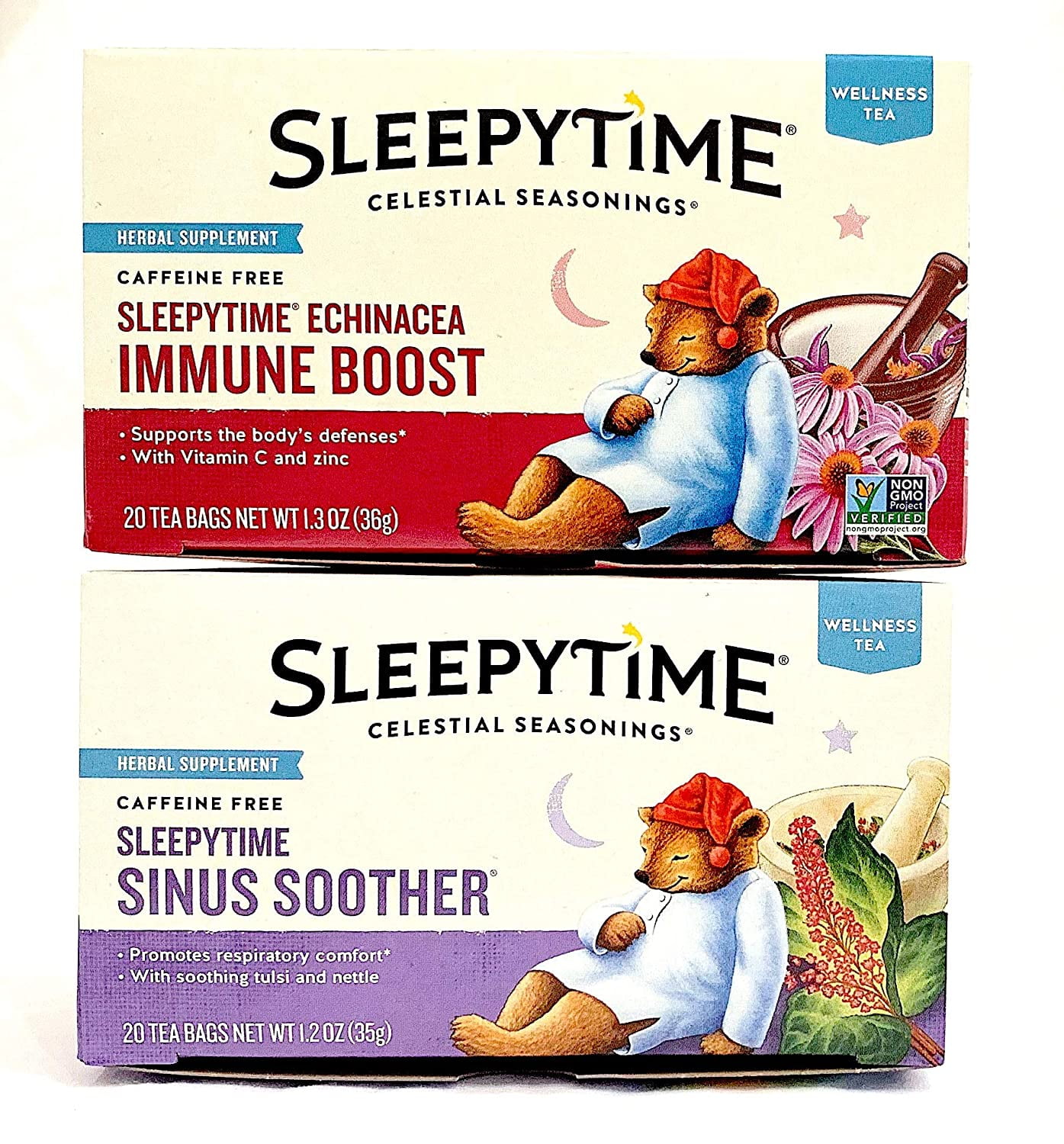

Osteoporosisĭrinking green tea can increase the amount of calcium that is flushed out in urine, which can lead to deterioration of bone health and osteoporosis, especially in those who might be predisposed to the same due to other factors. Green tea extracts might worsen liver disease as the caffeine in the blood may build up and last longer. Green tea extract supplements have been linked to several cases of liver damage. However, this does not seem to occur in people who regularly drink green tea or other products that contain caffeine. The caffeine in green tea might increase blood pressure in people with high blood pressure. The increase occurs within 30 minutes and lasts for at least 90 minutes. Glaucomaĭrinking green tea increases pressure inside the eye. If you drink green tea and have diabetes, monitor your blood sugar carefully. DiabetesĬaffeine in green tea might interfere with blood sugar control. Bleeding DisordersĬaffeine in green tea might increase the risk of bleeding.

It activates neurons when consumed in excess, thus, causing convulsions. ConvulsionsĬaffeine stimulates the central nervous system. Ringing in the EarsĬaffeine can aggravate tinnitus or ringing in the ears. DizzinessĬaffeine can decrease the flow of blood to the brain, leading to dizziness and motion sickness. 9 This causes discomfort similar to heartburn. HeartburnĬaffeine increases the release of acid in your stomach.

Muscle Tremors and Contractionsīy regulating calcium ion channels within cells, caffeine forces skeletal muscle contractions. It stimulates the colon muscles to contract and then relax, which results in an increased need to move your bowels. It contributes to peristalsis (the movement of food through the digestive system). Vomitingīecause caffeine affects the movement of food through the food pipe, alternating contraction and relaxation of the food pipe muscles can cause nausea. It also stimulates the heart muscles to contract when at rest. Irregular or Accelerated HeartbeatĬaffeine in green tea might cause an irregular heartbeat. Green tea also contains the amino acid L-theanine, which has the capacity to calm you down but also make you alert and focus and concentrate better, which is at odds with getting a good night’s sleep. Caffeine exerts obvious effects on anxiety and sleep, which vary according to your sensitivity to it. Caffeine itself can block sleep-inducing chemicals in the brain and increase adrenaline production. No matter how little caffeine green tea contains, it is not a bedtime drink.


 0 kommentar(er)
0 kommentar(er)
